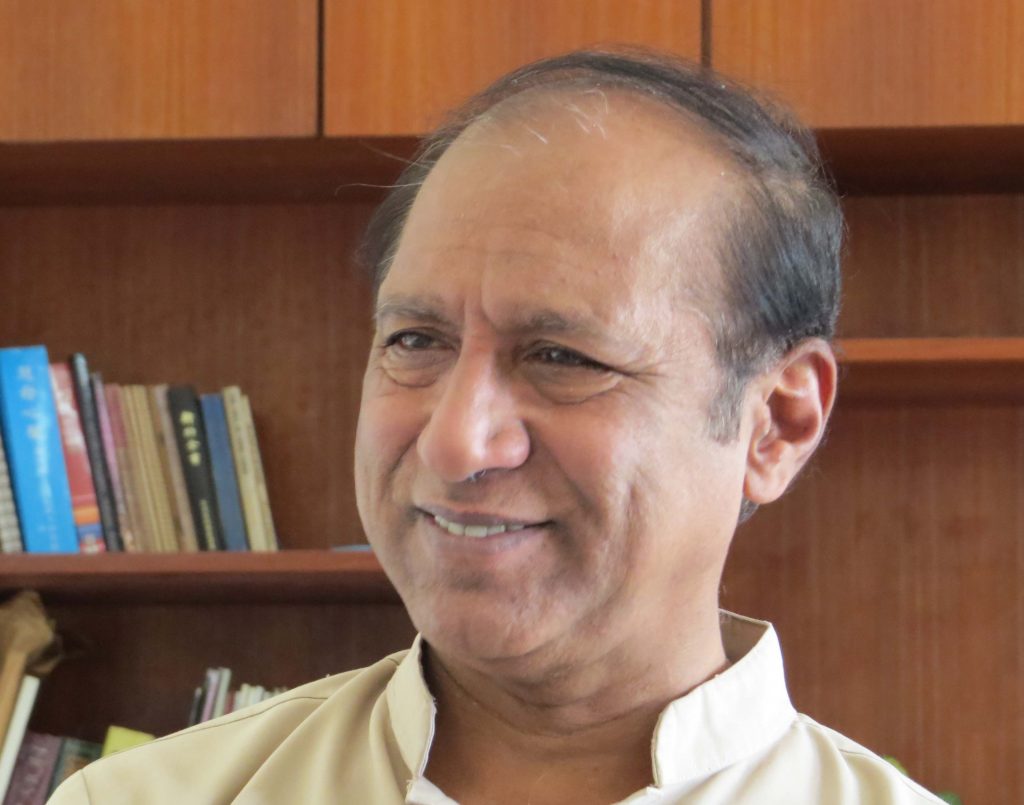Oct 2018
Bring the values of the Gospel of Jesus
KOTA KINABALU: “Each time I visit Malaysia, I can vibrate with the Malaysian Church and Society because of the various similarities that exist between India and Malaysia,” said Fr Jerry Rosario, SJ.
He threw the spotlight on two related issues; a certain amount of “majority complex” happens in any country (religion, culture, language) and creates tension for the minorities. However, attempts to understand should be made so that response could be made. For example, certain dialogues (religious, cultural, inter-lingual, etc) between majorities and minorities should be freely done in view of a new future where all can live in harmony.
Meanwhile, the emerging and young generations should be encouraged to “think out of the box” in order to enter into a Malaysian Church and Society based on a culture of solidarity.
Secondly, “If you inwardly look at Malaysia or India, we are not going to solve any problems. We need to widen our horizon,” said Fr Jerry, drawing from his sociological inspirations. When looking at the bigger picture, the problems within the smaller confines will diminish.
Moving on to the Christian commitment in the political arena, Fr Jerry, founder-director of the Manitham movement in India for political analysis and action, sees it as two-fold: religion and politics. He said, “In order to be an authentic and matured Christian, one should not be churchy. In other words, we need to be launching out to bring into politics the values of the Gospel of Jesus – justice, freedom and love.” (In political language, these values are highlighted as equality, liberty and fraternity.)
He added, “If we keep away from politics by just saying that ‘that is unjust’ without doing anything about it, it would amount to a sin of omission. God’s kingdom has to be ushered in the totality of society.”
Since we have a new government and lots of expectation on the part of the people, the Malaysian Church can render its service in three ways: 1) It can continue to conscientise people at large, as well as the government, that the policies and programmes must respond to the needs of people who are at the periphery of Malaysia; 2) As and when the government does well, the Malaysian Church should extend its appreciation, thereby accelerating the process of progress. Likewise, when the government does a disservice, the Church must not hesitate to raise its voice in protest; and 3) The Malaysian Church can organise workshops and seminars at both parish and diocesan levels, focusing on the political commitment of our Christian faith.
Article reproduced from Herald Malaysia online


